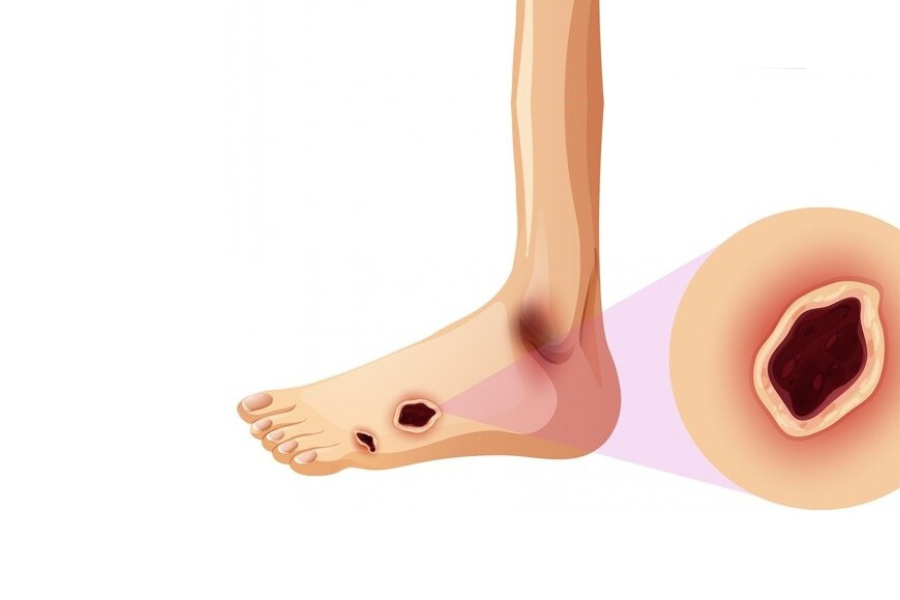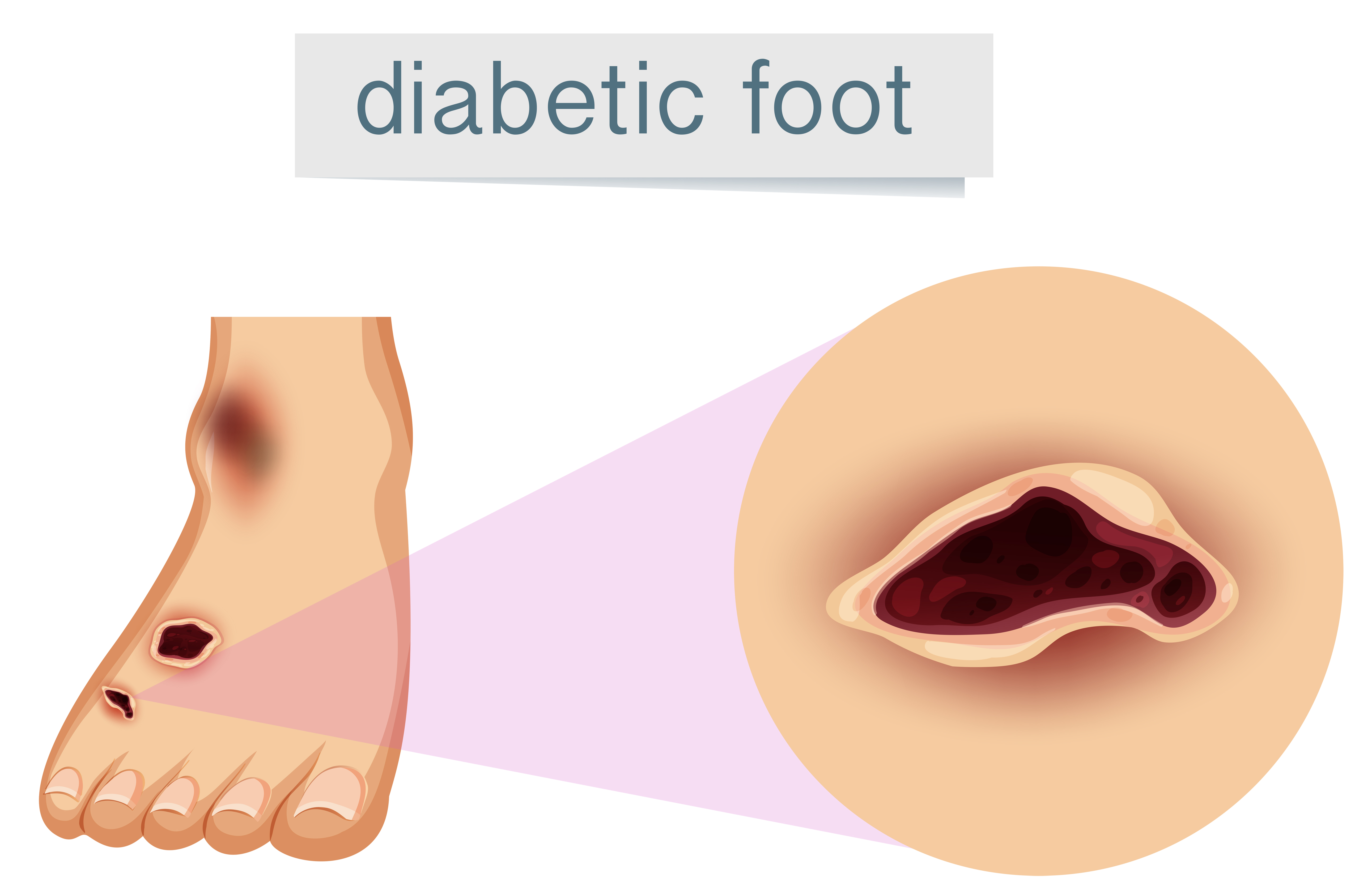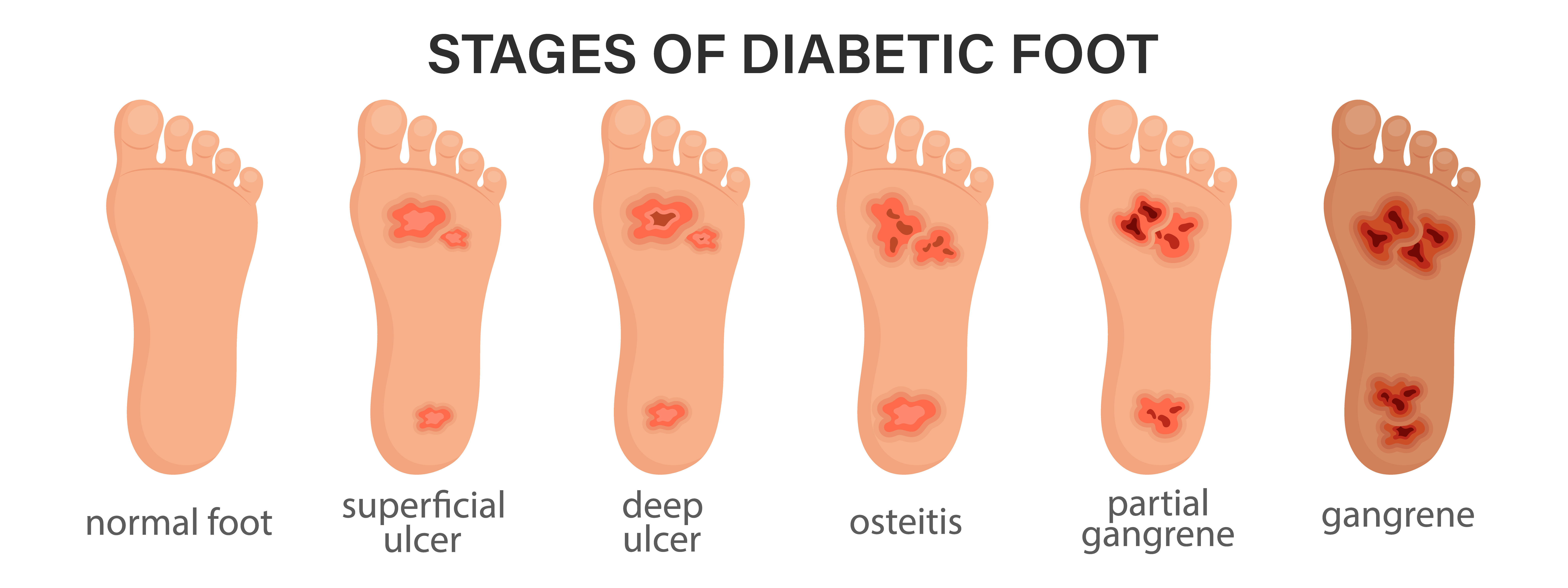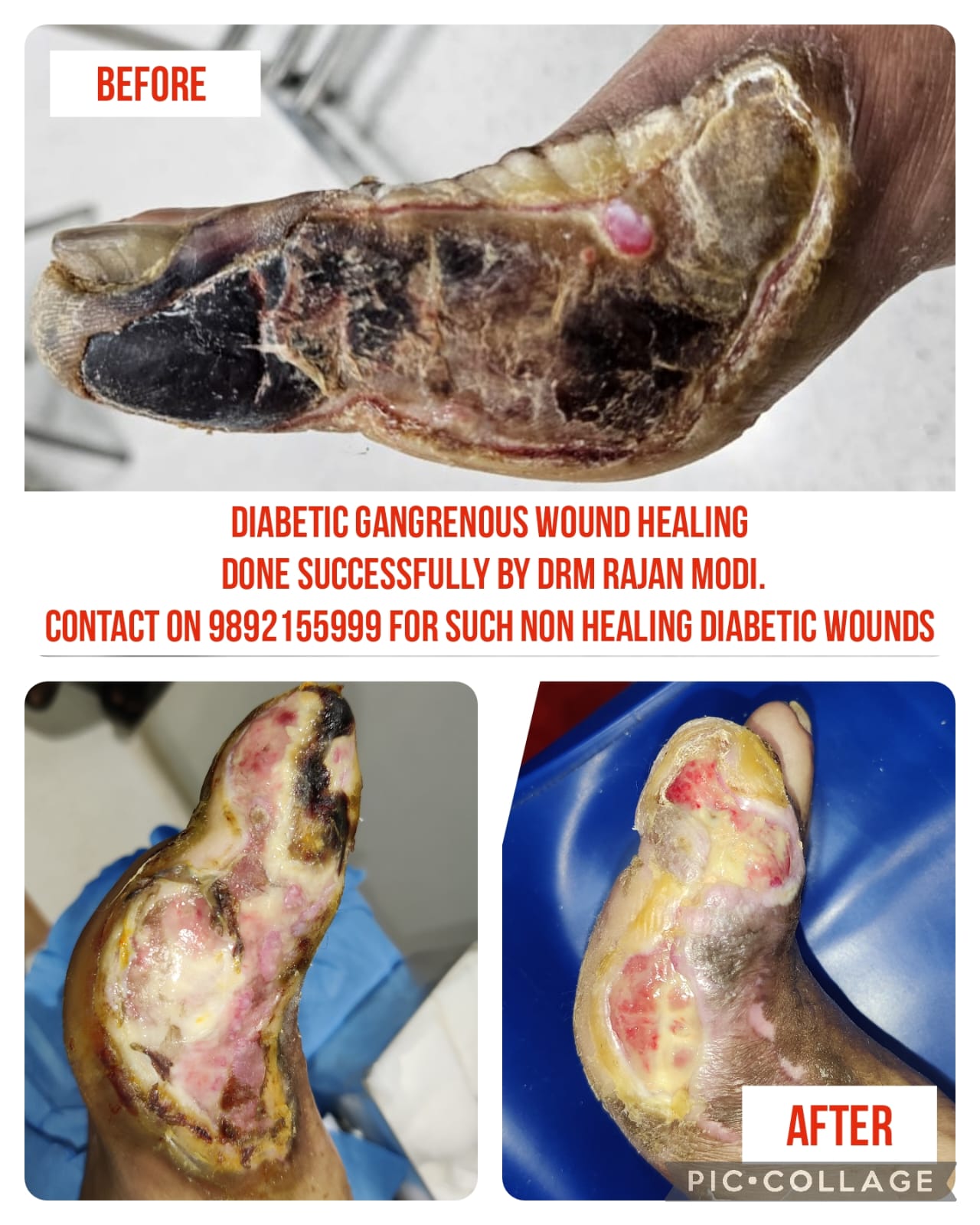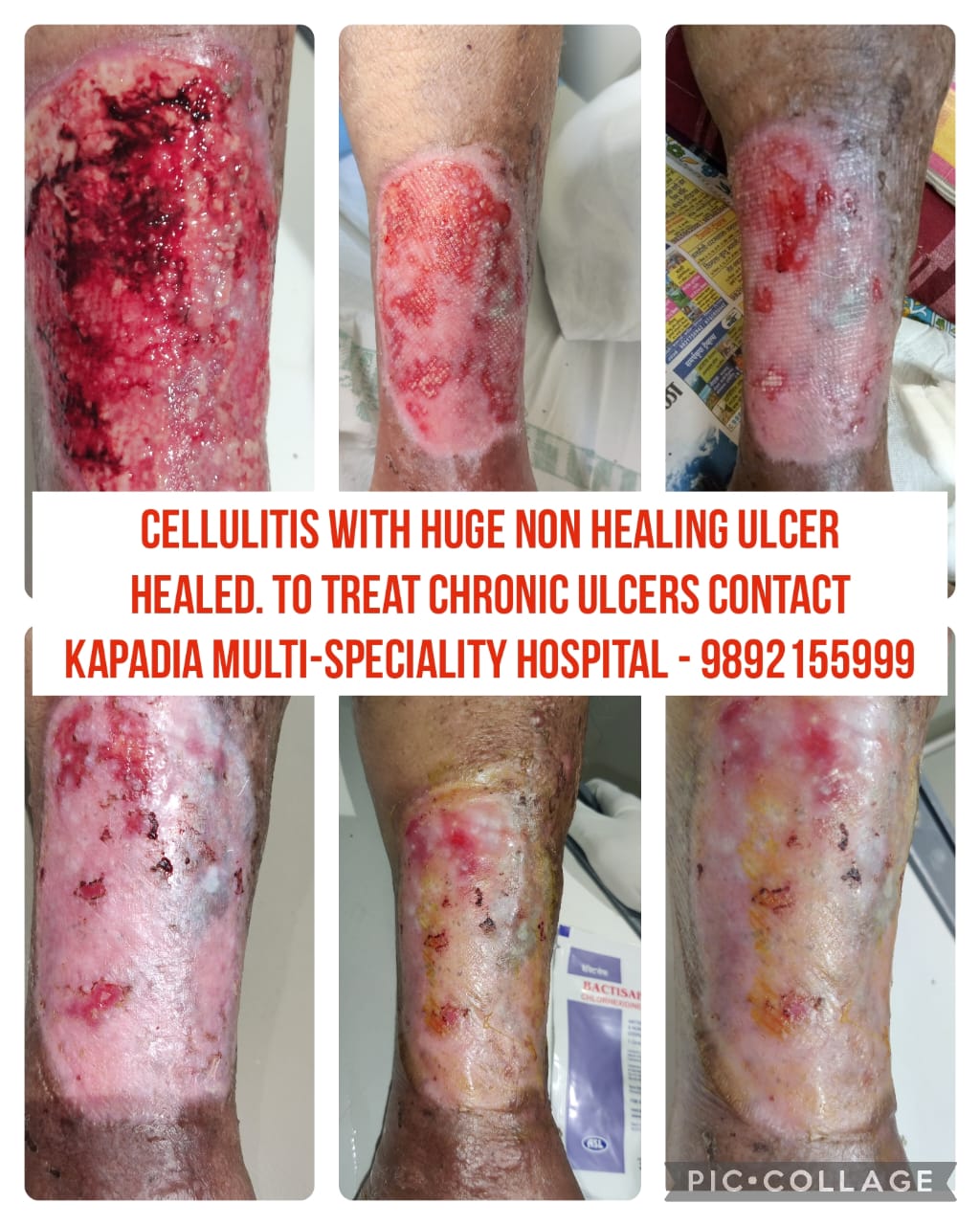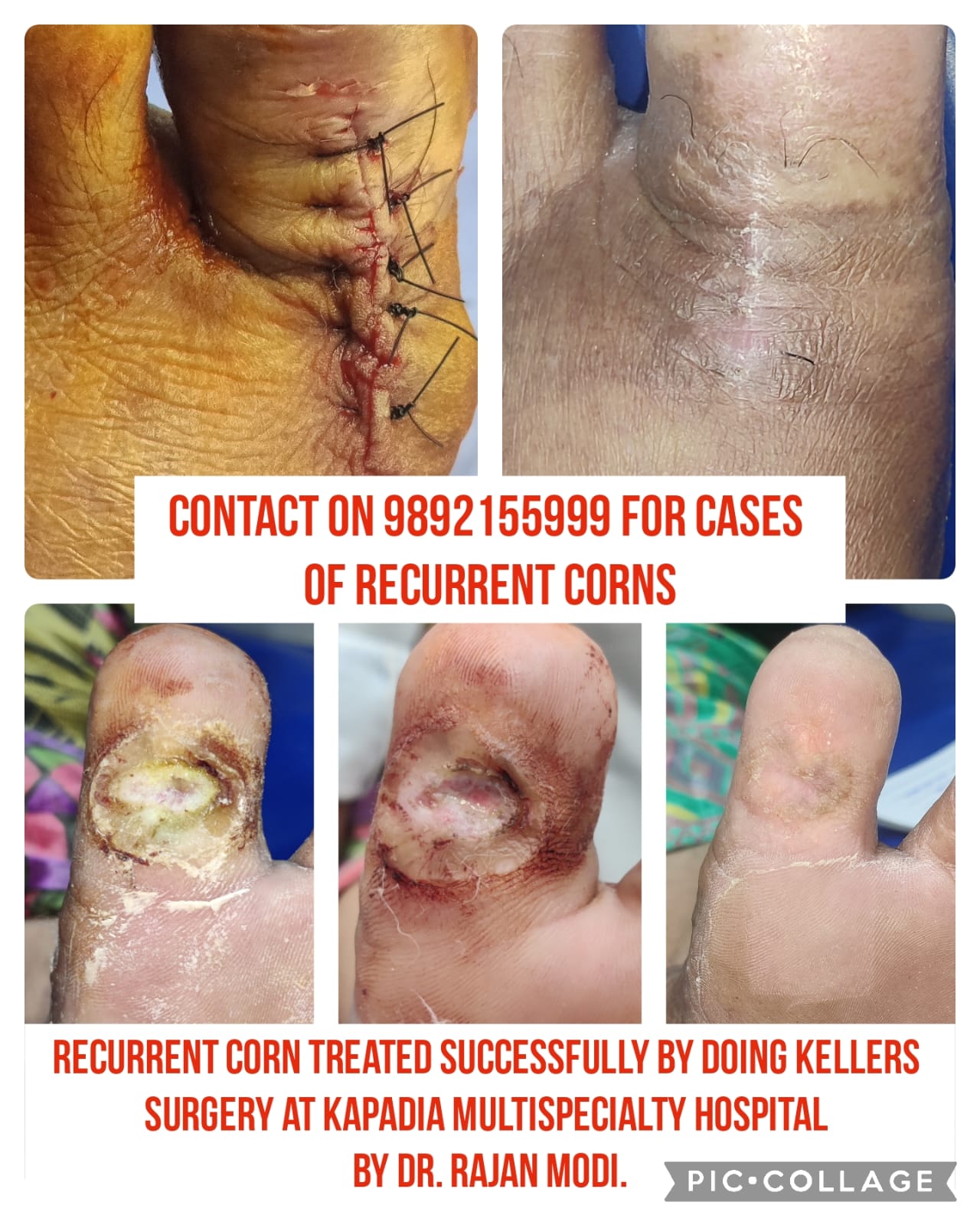Home
Robotic Knee Surgery
Blogs
Book Appointment
Get in Touch
KAPADIA HOSPITAL – TRUSTED DIABETIC WOUND TREATMENT HOSPITAL IN GOREGAON, MUMBAI

5,000+ Successful Wound Healing Cases

Top-Rated Diabetic Wound Care Center in Mumbai (4.8/5)

International Excellence Centre

Advanced Laser Diabetic Foot Therapy

24/7 Emergency Care with On-Call Diabetic Wound Care Specialists

Dedicated to Healing Without Amputation

